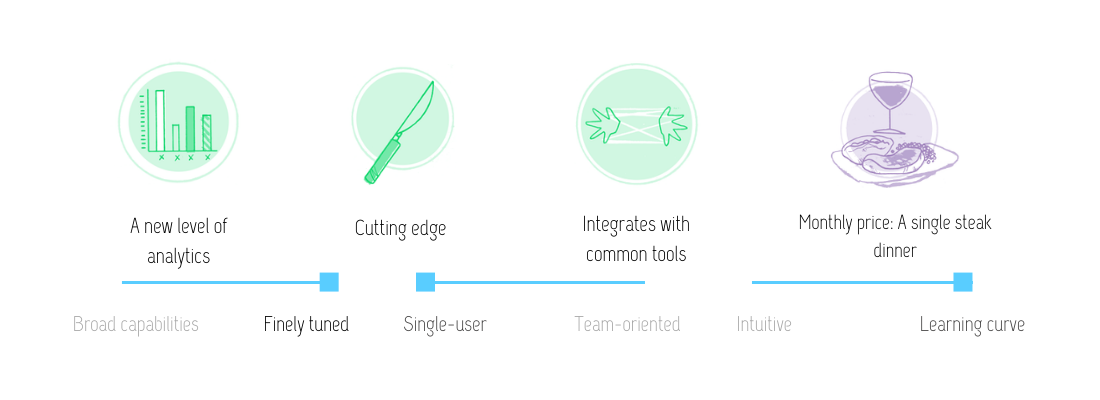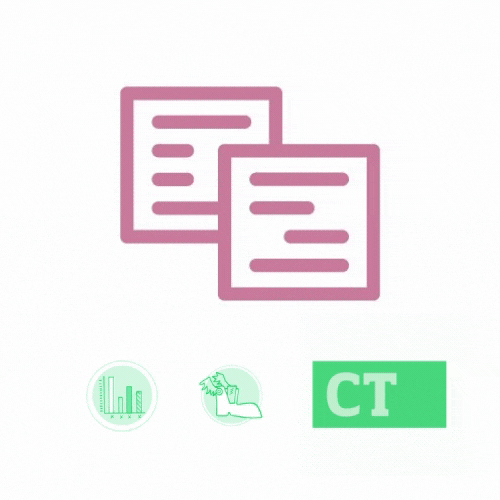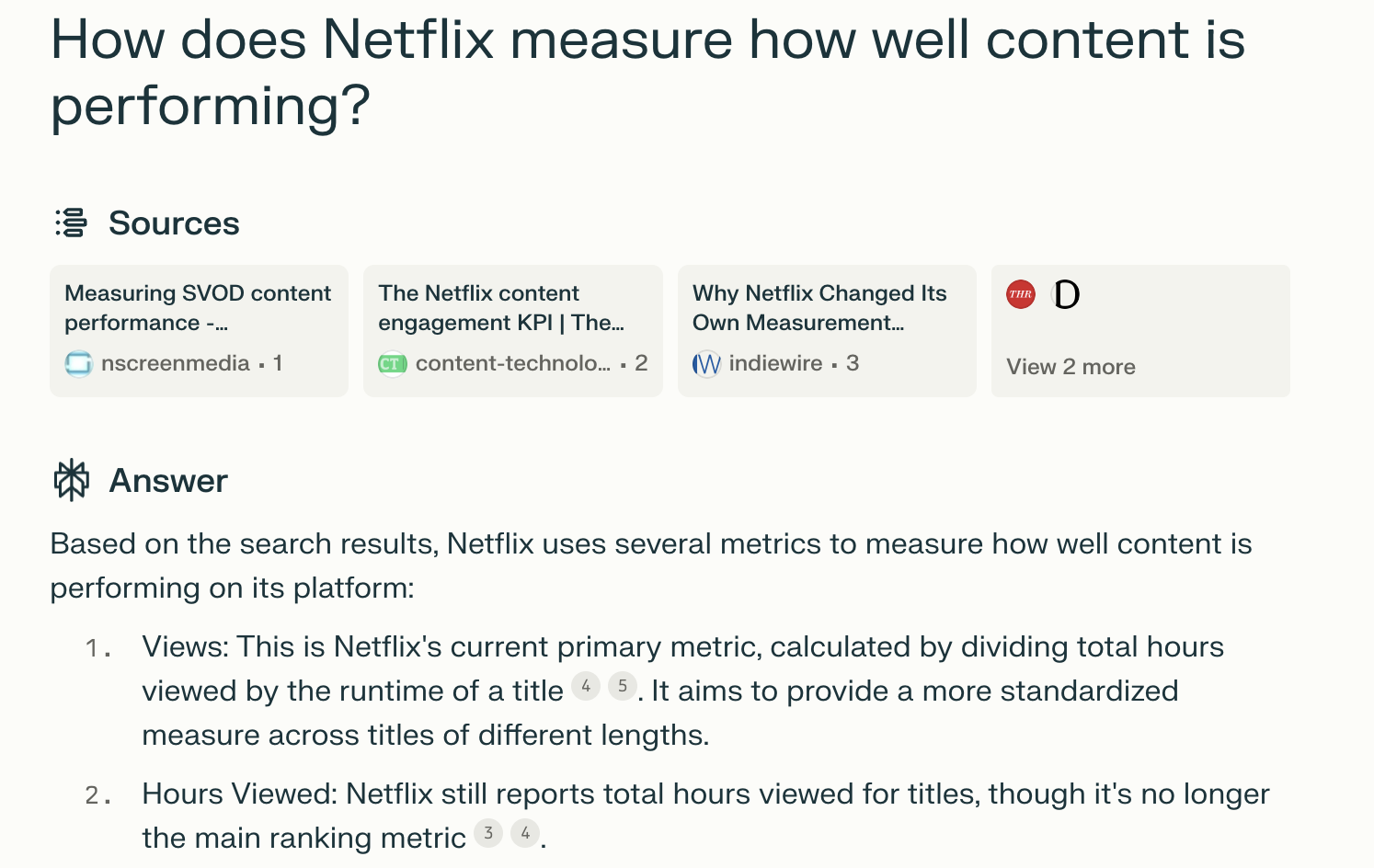Structured data remains crucial for appearing in search results. It can give you an organic advantage if your competitors don't have it, which many don't because, well... it's complicated and tedious.
Schema markup is the structured data framework that Google uses most often to display rich search results for business listings, recipes, products, news articles or paywalled content. It's just a little bit of back-end code that assures crawlers: "These are the facts about my website." Properly implemented schema markup creates a knowledge graph, which helps search engines map relevant information to your brand.
Schema is best added at the template level during site development. In my experience, that rarely happens unless the developers are exceptionally well-versed in SEO. For small websites, someone like me jumps in to hard-code necessary schema, or devs make edits to existing templates.
If you'd like to add schema markup to websites without extensive development support, I recommend Schema App.
Schema App at a glance

Schema App offers four paid tools to add, measure and monitor recommended schema to the back-end of a website:
- Schema App Editor is fantastic for most websites under 100 pages, works at the individual page level, recommending missing Schema for already published content
- Schema App Highlighter works at the template level, recommending missing Schema for complex templates across large websites
- Schema App Analyzer, currently included in the Editor product, finds errors in markup across websites
- Schema Performance Analytics, an upgrade, reports on structured data performance, slicing and dicing Search Console Data so it's more usable and actionable
Half of what you're paying for with Schema App is the tech, which is impressive on its own. But the other half is the deep expertise of its team. Schema markup is broad, complex, and immensely hierarchical for most unstructured minds. It's code, so an errant comma or bracket can break the whole thing.
I've only seen a preview of Schema App's more pricey tools, but their free trial version of Editor is great for most websites under 100 pages with minimal templated content. The biggest drawback of Schema App Editor is its impermanence: if you change page content, you'll likely want to review the schema you've implemented on Editor again.
If you're serious about improving search results for articles, products, recipes, or reviews at an enterprise level, the pros on the Schema App team will help you out with error-free implementation and guidance with Highlighter.
For those who can't swing the $30/month for Editor or the much steeper Schema Highlighter, Schema app has a free email course, Wikidata lookup tool, and Schema paths tool.
Structured data is crucial to findability for search engines, or even in app or internal search results. Schema App makes its complexity more manageable and measurable.
Hand-picked related content








